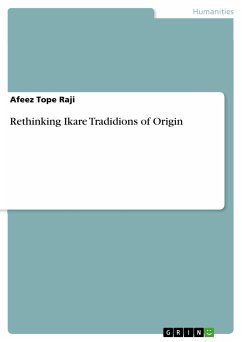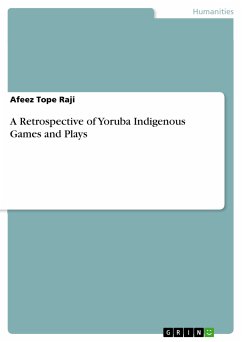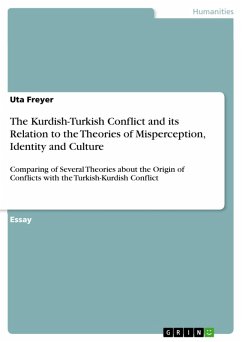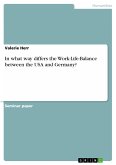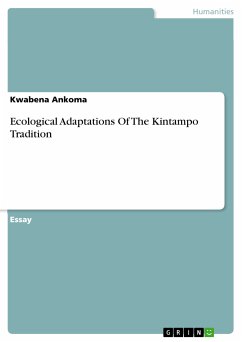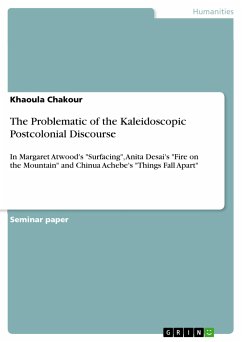Document from the year 2019 in the subject Cultural Studies - Miscellaneous, grade: 4.6, , course: Cultural History, language: English, abstract: As with many traditions of origin of the Yoruba people, the traditions of origin of Ikare come in variants. This has in the past and even now generated some form of stoic and psychological but silent tensions. Through the analytical method, this paper clarifies the perceived doubt about the theme and concludes that the traditions, albeit different in narration, features some key Characters which in itself dispels the multi-content narratives. The origin of the Yoruba nation is involved in obscurity. Like the early history of most nations, the commonly received accounts are for the most part purely legendary. The people being unlettered, and the language unwritten, all that is known is from traditions carefully handed down. It is also instructive to note that all the various tribes of the Yoruba nation trace their origin from Oduduwa and the city of Ile-ife. As evident from the above, Ikare-Akoko in the present Ondo State of Nigeria is not an exemption to this "universal claim" of the Yoruba. While admitting Ikare Ile-Ife origin (leaning on available evidences as would be presented shortly), series of recent development in the town has placed a traceable tradition of origin on a zigzag mode. In whichever case, an attempt shall be made to straighten the theme in this engagement. As Akintoye indicated, our knowledge of the North Eastern part of Yoruba nation where Akoko North East belongs and of which Ikare is the Headquarter remains very poor. It is therefore against this backdrop that the accounts of Ikare origin shall be based to a larger extent on oral traditions as a resultant effect of the lack of reliable documentary evidence. Ikare is about 105 kilometres from Akure, the state capital. It is located in the North Eastern part of the state between latitudes 40-50 North of the equator and longitudes 30-40 East of the Greenwich meridian. A proper understanding of this migration views can best be situated within the context of the present "Royal Tussle" between the "Two Heads" of this Akoko town, a link which in my own estimation cannot be detached from this discourse, as it is synonymous to the two principal traditions of origin. This, as I shall demonstrate shortly, played a pivotal role in peoples' understanding of Ikare origin in the past and even now. With Ikare emigration from Ile-Ife established, the questions that should follow are; who led the emigrating crew and consequently founded Ikare, with whom did he emigrated, is there anything he was given or brought from Ile- s first settlement, how did the name (Ikare) came about, who was the first ruler. These questions are what this study seeks to address.
Dieser Download kann aus rechtlichen Gründen nur mit Rechnungsadresse in A, B, BG, CY, CZ, D, DK, EW, E, FIN, F, GR, HR, H, IRL, I, LT, L, LR, M, NL, PL, P, R, S, SLO, SK ausgeliefert werden.

